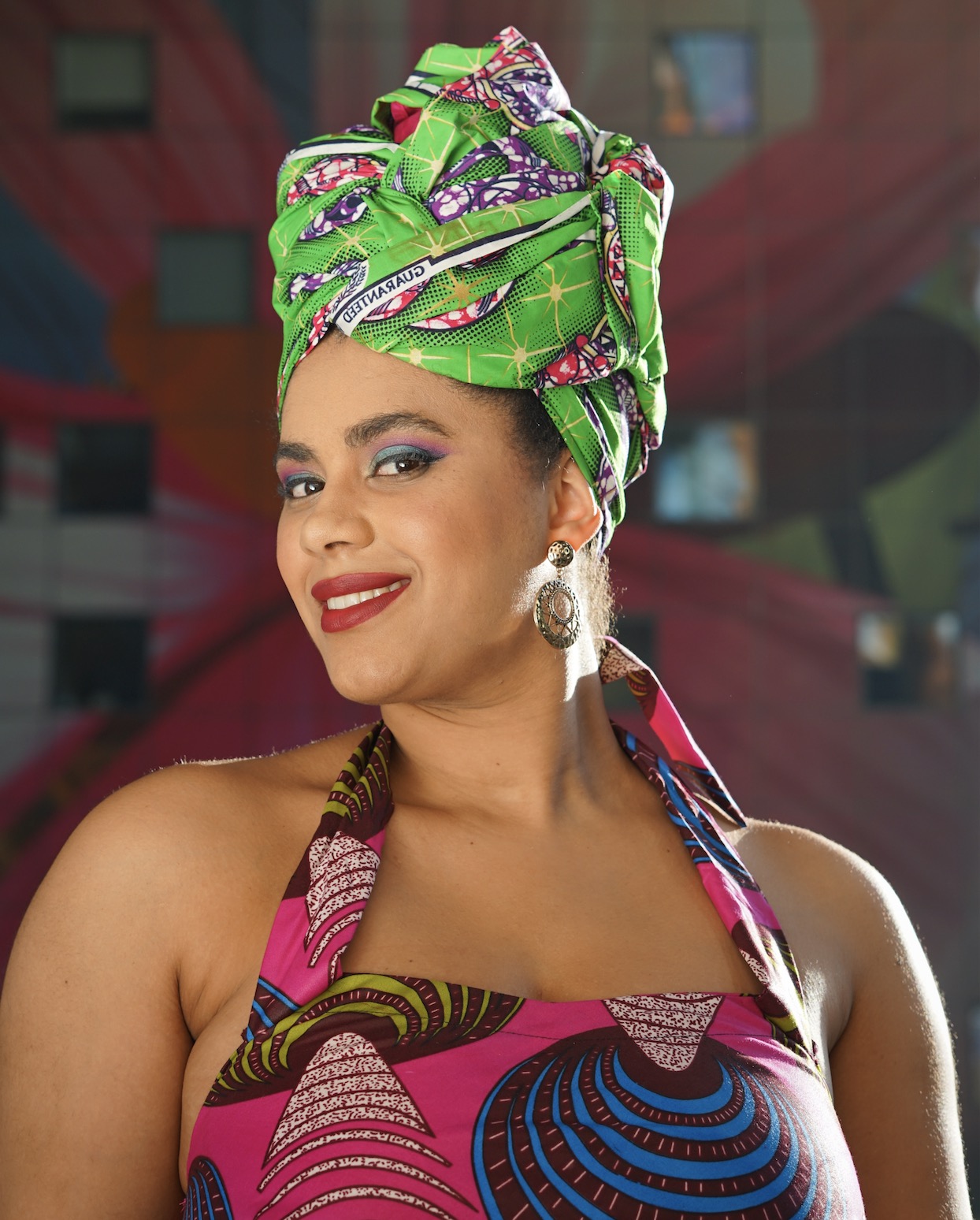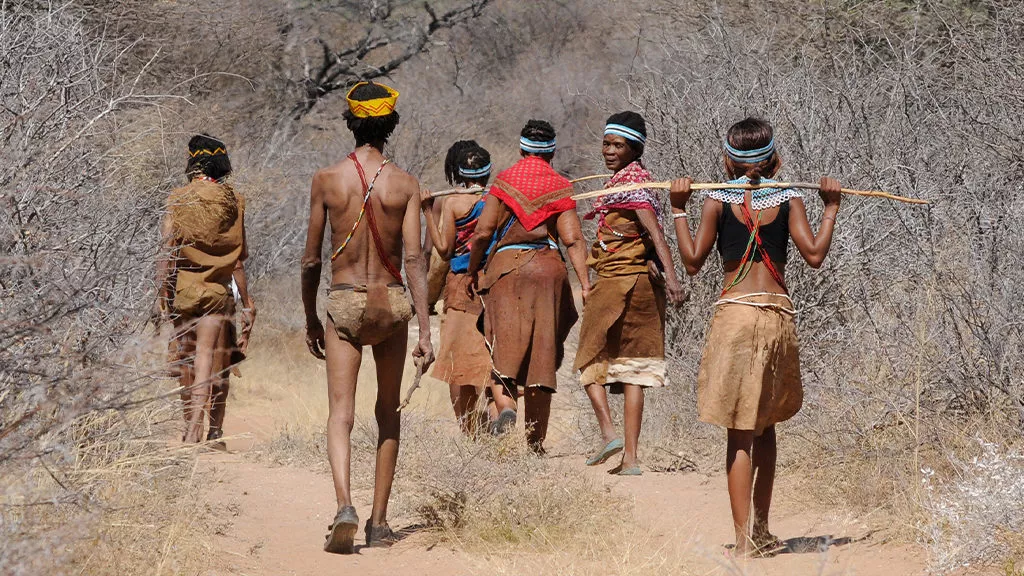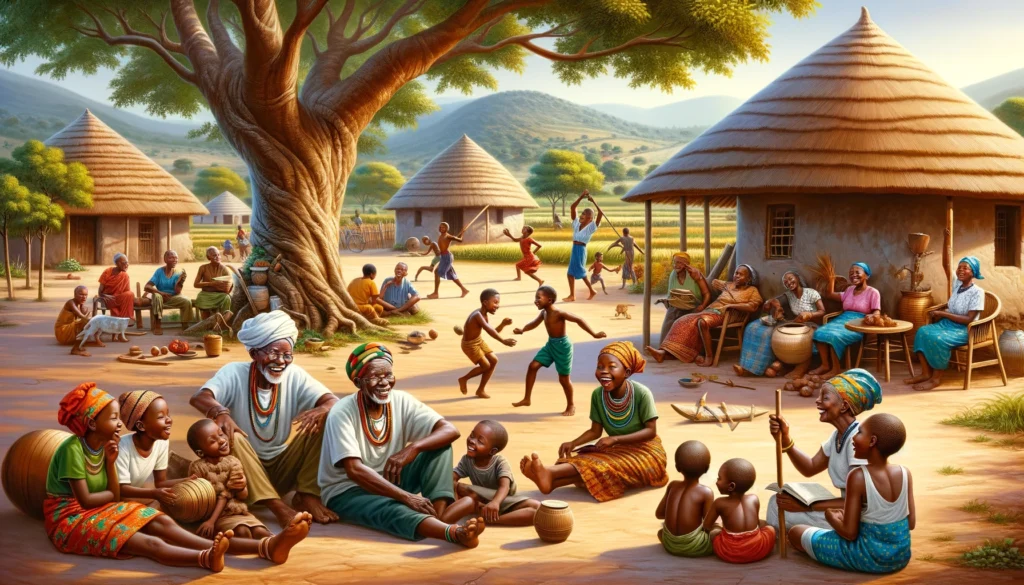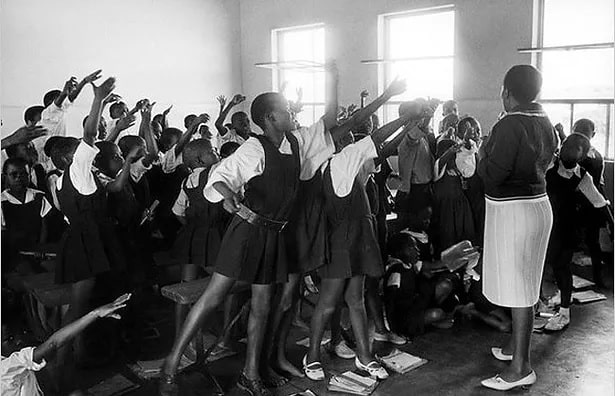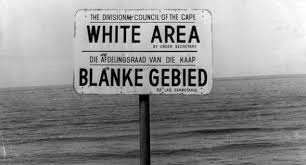10 Differences Between San and Khoikhoi: The San and Khoikhoi are two distinct groups indigenous to southern Africa, often collectively referred to as the...
On this page, we explain in detail, how the celebration of Heritage Day enforces the application of the constitution of South Africa.
Heritage Day is a South African public holiday celebrated on September 24th each year, dedicated to recognizing and honoring the diverse cultural heritage that makes up the nation. The day serves as a reminder of the rich variety of identities, cultures, and histories present in South Africa, and it is a day for all South Africans to celebrate their own cultures as well as the different cultures around them.
The celebration of Heritage Day enforces the application of the South African Constitution in several meaningful ways:
- Promotion of Unity and Diversity: The Constitution of South Africa is built on foundational principles that include the recognition and respect of diverse cultures and languages. By celebrating Heritage Day, South Africans are encouraged to embrace and showcase their unique cultural histories and practices, which aligns with the Constitution’s aim to unite the country in its diversity.
- Reinforcement of Rights: The Constitution guarantees the rights of all citizens to freely express and practice their culture and language. Heritage Day makes these rights tangible, as people engage in various cultural activities, wear traditional attire, and participate in events that highlight their heritage. This public celebration is a practical application of these constitutional rights.
- Education and Awareness: Heritage Day provides an opportunity for educational programs and initiatives that teach the values of the Constitution. Schools and communities often organize events and discussions around the history and significance of different cultural practices, promoting a greater understanding and respect among diverse groups. This educational aspect helps foster a society that appreciates and adheres to constitutional principles.
- Social Cohesion and Inclusion: By celebrating all cultures, Heritage Day encourages inclusivity and helps to reduce social and racial divides. This supports the constitutional vision of a democratic and inclusive society where all citizens feel valued and recognized.
In essence, Heritage Day is more than just a celebration; it’s a living expression of the constitutional ideals that guide South Africa towards a more cohesive, respectful, and inclusive society.
Factual points about Heritage Day in South Africa
Here are some factual points about Heritage Day in South Africa:
- Date and Establishment: Heritage Day is celebrated on September 24th each year. It was officially established after the first post-apartheid South African government was formed in 1994.
- Origins: Originally, September 24th was known as Shaka Day in KwaZulu-Natal, commemorating the legendary Zulu King Shaka. However, when the Public Holidays Bill presented in 1995 did not include Shaka Day, there was a strong push by the Inkatha Freedom Party (IFP) to have the day recognized nationally. As a compromise, the day was rebranded as Heritage Day.
- Purpose: The day is meant to celebrate the rich cultural heritage and diversity of South Africa. It recognizes the cultural wealth of the nation and promotes a sense of collective identity.
- Celebrations: Heritage Day is marked by various events across the country, including parades, music, dance, and cultural festivals. South Africans are encouraged to celebrate their culture and the diversity of their beliefs and traditions.
- Cultural Significance: The day emphasizes the importance of acknowledging, respecting, and celebrating the differences and similarities that exist within the country’s various cultures. It is a reflection of a broader effort to foster reconciliation and nation-building.
- Braai Day: In recent years, Heritage Day has also become unofficially known as “National Braai Day,” inspired by a media campaign that suggested that the practice of gathering around a barbecue (braai) is a unifying force across different cultures in South Africa. The notion of Braai Day was endorsed by Archbishop Desmond Tutu, enhancing its popularity.
- Public Holiday: As a public holiday, Heritage Day provides an opportunity for South Africans to take a day off work and spend time reflecting on and celebrating their cultural heritage with family and friends.
- Government Involvement: The South African government supports and promotes Heritage Day through various initiatives and messages that emphasize the country’s commitment to cultural diversity and constitutional democracy.
Heritage Day remains a significant public holiday that both celebrates South Africa’s cultural diversity and serves as a reminder of the need to preserve and promote cultural heritage in line with constitutional values.

